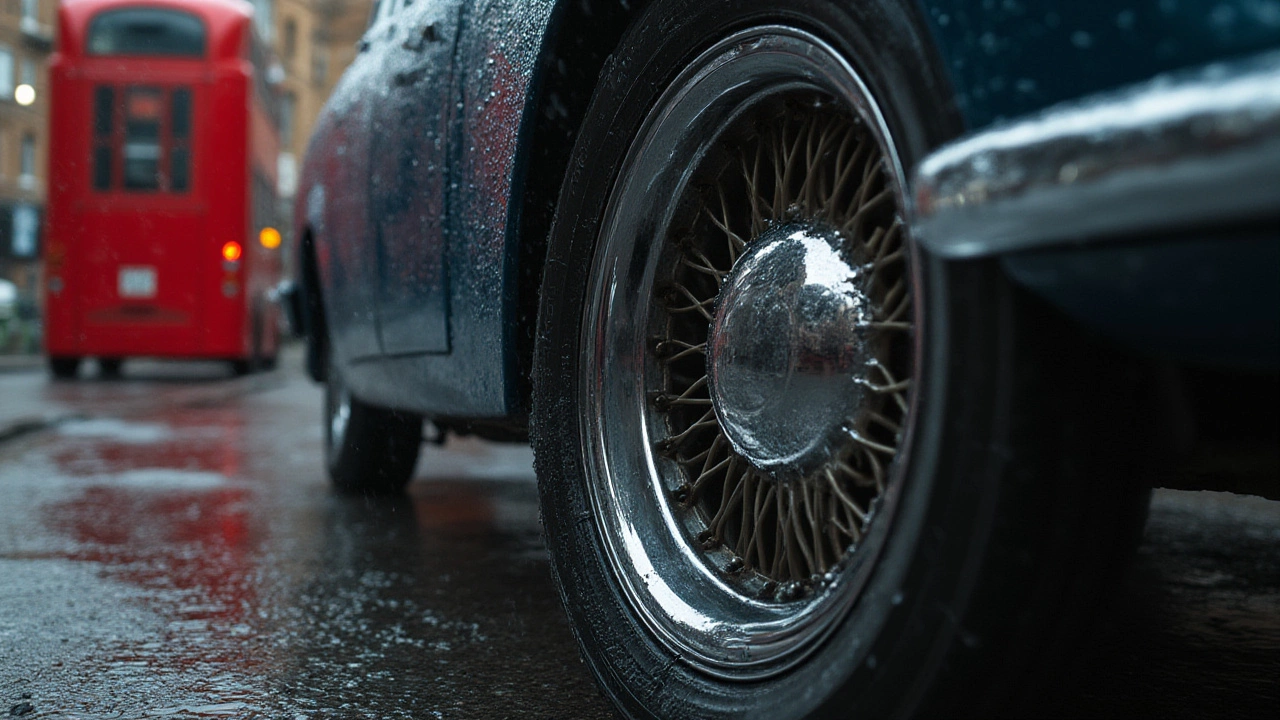How Long Do Alloy Wheels Last?
If you’ve ever wondered whether your shiny alloy rims will survive the next five years, you’re not alone. Most owners expect alloy wheels to stay flawless for a long time, but the reality depends on a handful of everyday factors. Below we break down the typical lifespan, the things that can wear them out early, and what you can do right now to make them last.
What Affects an Alloy Wheel’s Lifespan
Alloy wheels aren’t indestructible. They’re made from a mix of aluminum and other metals, which gives them a light weight and a nice look, but also makes them vulnerable to certain stresses.
- Driving style: Aggressive cornering, hard braking, and hitting potholes repeatedly will bend or crack the rim faster.
- Road conditions: Rough, salt‑treated winter roads are a nemesis. Salt accelerates corrosion, especially if the wheel’s finish is already damaged.
- Maintenance habits: Ignoring regular cleaning, using harsh chemicals, or not correcting curb‑scrapes lets rust start underneath the paint.
- Quality of the wheel: OEM‑brand alloys can last 10‑15 years with proper care, while cheap aftermarket rims may start showing fatigue after 5‑7 years.
In a typical daily‑driver scenario—mix of city traffic, occasional highway miles, and a few pothole encounters—most alloy wheels last between 8 and 12 years. Some owners report 15‑year lifespans when they live in mild climates and treat the wheels gently.
Tips to Extend the Life of Your Alloy Wheels
Want to push that 12‑year mark closer to 20? Follow these no‑nonsense steps.
1. Clean regularly, but gently. Use a pH‑balanced wheel shampoo and a soft brush. Rinse off road salt and brake dust before they eat into the finish.
2. Protect the finish. Apply a clear coat or a dedicated wheel sealant every six months. It creates a barrier against brake dust, UV rays, and moisture.
3. Watch for curb‑scrape damage. A small chip can become a rust entry point. Touch‑up paint or a quick sealant job stops corrosion before it spreads.
4. Keep tire pressure in check. Over‑inflated or under‑inflated tires put extra stress on the rim during turns, leading to cracks over time.
5. Avoid harsh chemicals. Wheel cleaners with acid or bleach will eat the clear coat. Stick to products labelled safe for alloy finishes.
When you hear a sudden thump after hitting a pothole, pull over and inspect the wheel. Look for bends, cracks, or wobble. Early detection can mean a simple repair instead of a costly replacement.
Finally, consider a professional wheel refurbishment every few years. A skilled shop can polish away surface rust, re‑apply clear coat, and restore the original shine—essentially giving your wheels a new lease on life.
Bottom line: alloy wheels can easily outlast a car if you treat them right. Regular cleaning, protective sealants, and quick fixes for minor damage are the cheap tricks that keep them road‑ready for a decade or more.
Curious about how long alloy wheels really last? Learn the real-life expectancy, what affects their lifespan, and practical ways to keep them rolling longer.

